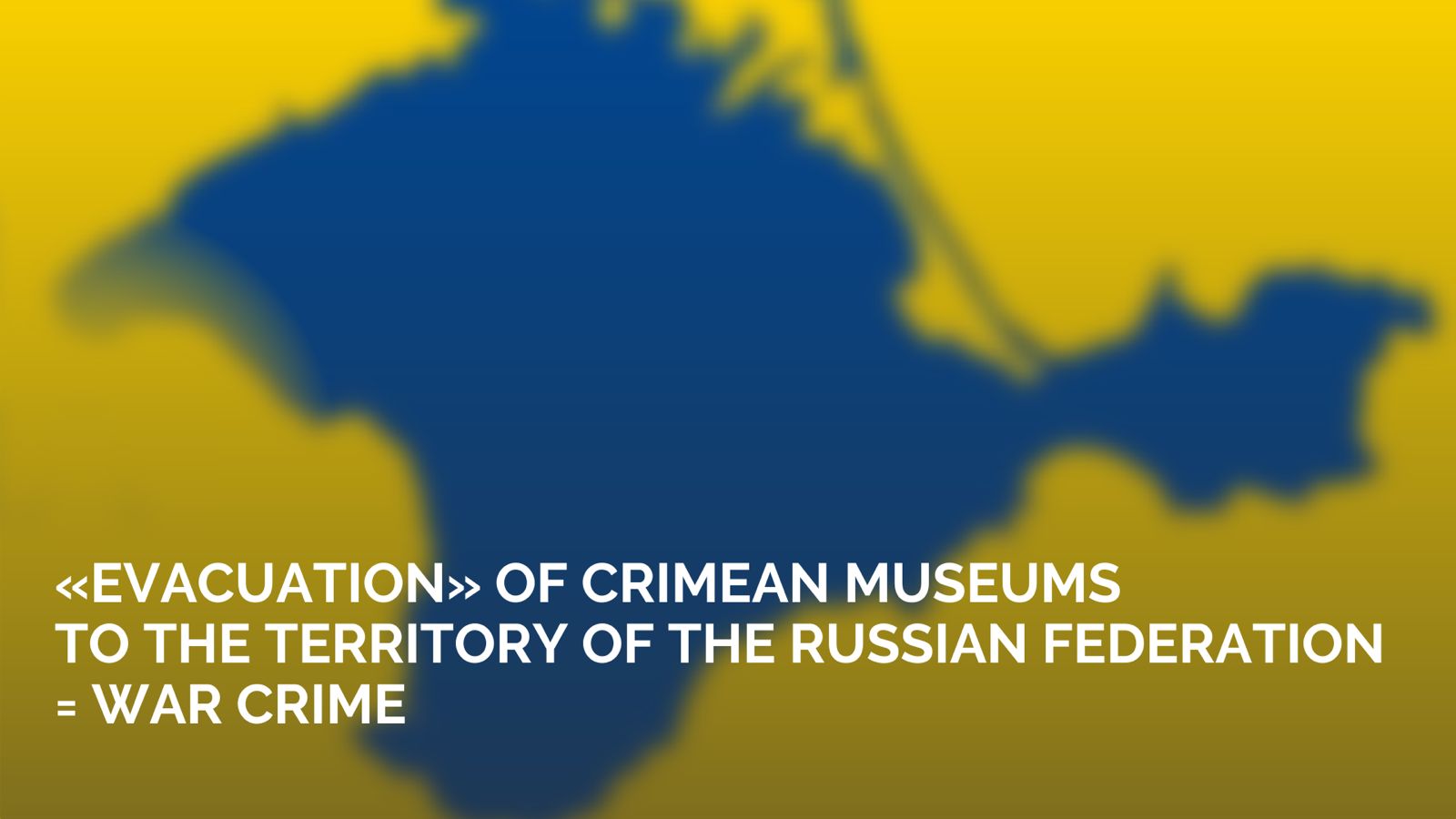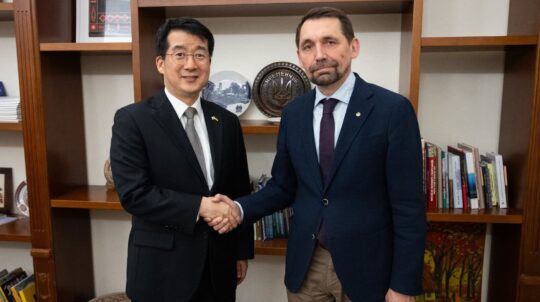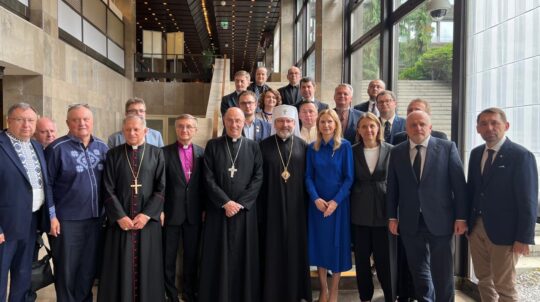russian authorities can loot Crimean museums and institutions of other temporarily occupied territories of Ukraine under the pretext of “evacuation”. The corresponding plan of “external evacuation” from the museums of the Autonomous Republic of Crimea to the territory of the russian federation provides for the priority removal of the most valuable objects, in particular, archaeological finds made of precious metals.
Such mass removal of cultural values from the territory of Ukraine by the russian occupiers will be comparable to the looting of museums during the Second World War and should be qualified accordingly. The actions of the russian federation are a violation of international law and will result in both the responsibility of the aggressor state and the criminal responsibility of those involved at the national and international level. Any seizure, destruction or willful damage to religious, charitable, educational, artistic and scientific institutions, historical monuments, works of art and science is prohibited and should be subject to prosecution. This is stated in Article 56 of the Regulations on the Laws and Customs of War on Land (Appendix to IV Convention on the Laws and Customs of War on Land) of 1907. This Convention is still valid and binding for Ukraine and the russian federation. russia is also a party to the Convention for the Protection of Cultural Property in the Event of Armed Conflict of 1954 (The Hague Convention) and the First Protocol thereto.
Although international law has not become an obstacle for the current leaders of the russian federation, or for representatives of russian museums and research institutions, the responsibility of the occupiers for the looting of cultural heritage is inevitable. It should be reminded that during the 20th century itself, russia in various ways appropriated a lot of valuables from the territory of Ukraine, which eventually ended up in the largest russian museums. And after the annexation of Crimea, it “included” the collections of Crimean museums in its state museum fund. However, today Ukraine, hardened in the battle for its territorial integrity, will also defend the right to return cultural values.
MCIP appeals to UNESCO and all international partners:
- to prevent another violation of international law by the aggressor state;
- to refuse cooperation with russian museums and other institutions;
- to take measures to counter the illegal traffic of cultural values and the legalization of values illegally appropriated by the aggressor state, in particular, under the pretext of exhibitions from the funds of russian museums or from excavations in the territories occupied by russia, carried out after 2013.
After all, russian cultural projects can be aimed not only at capturing the cultural space (“cultural special operation”, according to the director of the Hermitage M. Piotrovsky), but also at legalizing the criminal decisions of the current russian political regime.
For reference: according to the reports on the activity of museums for 2013, the number of museum objects of the state part of the Museum Fund of Ukraine remaining in museum institutions located in the territory of the Autonomous Republic of Crimea and the city of Sevastopol amounted to approximately 1 million 200 thousand units. There were 26 museums and 5 historical and cultural reserves of state and communal ownership (with the status of legal entities) on the territory of the peninsula. 29 legal entities registered at the addresses of Ukrainian museum institutions in Crimea after February 20, 2014 illegally use museum collections in their activities, which before the beginning of the temporary occupation of Ukraine on February 20, 2014, were permanently stored in cultural institutions of Ukraine and in accordance with the Law of Ukraine “On Museums and museum case” belong to the state part of the Museum Fund of Ukraine.


